

League of Legends is a Free-to-Play Multiplayer Online Battle Arena (MOBA) game inspired by the wildly popular Warcraft 3 map Defense of the Ancients (DOTA). Two teams go head-to-head in action packed PvP combat controlling one of 102 different champions.
If you are a new player diving into the game for the first time, and you’re looking to learn the basics of how to play, then you’ve come to the right place.
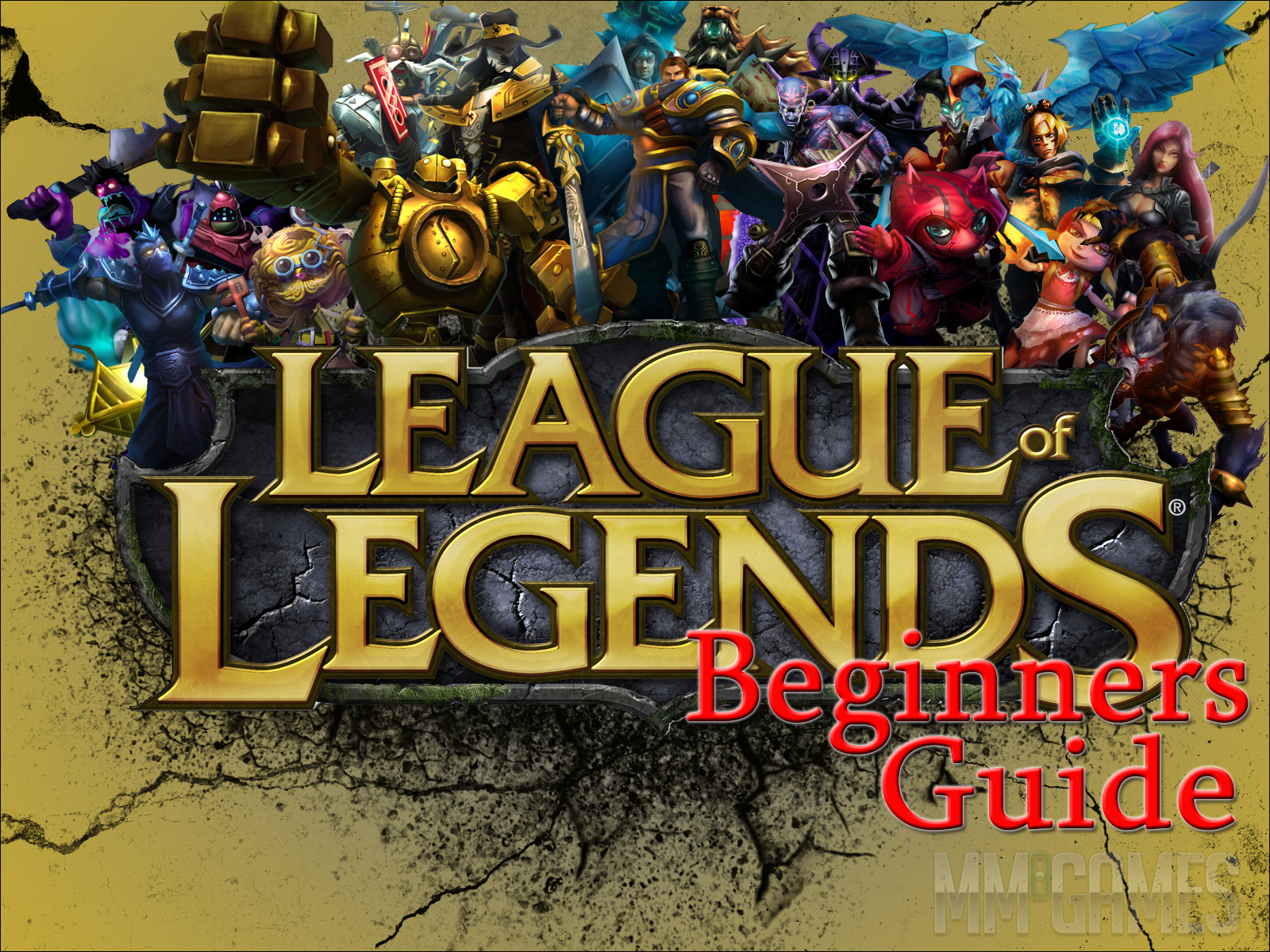
League of Legends is a game that can be difficult to find your footing, and though the learning curve is steep, it should only take a few games to acquire general feeling of how it all works. Before you play your first game, it’s a good idea to soak up some of the following information about the game, its mechanics and the user interface.
League of Legends currently contains 3 official maps: Summoners Rift, The Twisted Treeline, The Crystal Scar and one custom map: The Proving Grounds.

Summoners Rift and The Twisted Treeline are the most played maps and are set in the classic League of Legends game mode where the goal is to destroy the opposing teams’ Nexus. Players have to work together to push down two or three lanes, taking down turrets, NPC enemies and other players. The difference between the two maps is that a team in Summoners Rift consists of five players and the map contains three lanes, whereas The Twisted Treeline consists of three players and the map contains two lanes.
The third map is The Crystal Scar in which two teams of five players fight over control of all five capture points in the Dominion game mode. The more capture points your team holds, the faster the enemies’ Nexus health will go down. Killing an enemy will also contribute to the fall of the Nexus. When a team has 0 points left, they lose the game. The map layout is a circle and contains no lanes like Summoners Rift and The Twisted Treeline.
The last map is The Proving Grounds, the most recent addition to LoL. This is the tutorial map revamped, and consists of a single lane. It is a “fun” map and for that reason it’s only available in custom games, which means you can’t queue up like in the other game types. If you want to play in The Proving Grounds you will have to manually find games in the custom games list.
The highest level your account can reach is level 30. By playing games (winning or losing) you gain experience. Reach a certain amount of experience and you level up. When you play games you don’t only gain experience, you also gain influence points. These points can be used to buy champions and runes to use in your games. Generally, I would suggest trying to save up your influence points as much as possible till you reach level 20, as at this level you’re able to buy Tier 3 runes (explained in the next chapter).
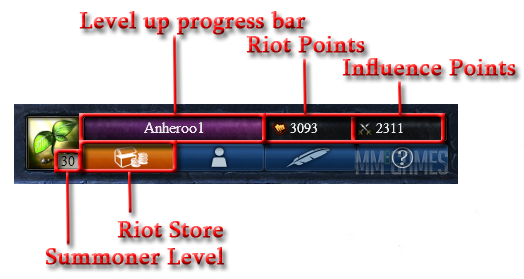
Leveling up your account unlocks mastery points. For every level you gain you get one point you can spend on your mastery trees, so once you reach level 30 you have a total of 30 mastery points you are able to spend. There are a total of 3 mastery trees: Offence, Defense and Utility. This guide will not explain how to optimize the distribution of your points, but there are plenty of sites out there that can help you with this. Every champion you play will have a different optimal distribution of mastery points. Luckily you are able to create up to 15 different mastery pages.
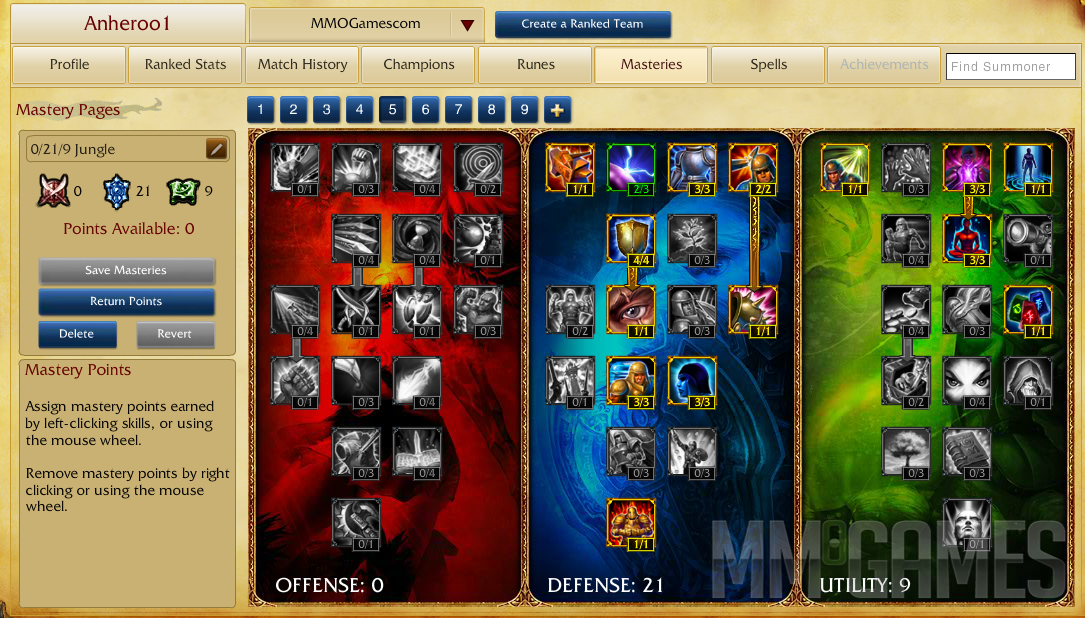
Explanation of picture: The picture shows the three mastery trees. The player is level 30 and has 30 points to spend. 21 points are spent in the offence tree and 9 in the utility tree. The player has a total of 9 mastery pages.
Runes are used to change the variable stats of the champion you are playing. You can, for example, increase your champion’s base damage or starting health or even make your champion move faster. The type of runes you use, will highly affect your gameplay. Runes can be purchased with Influence points you get from winning games or Riot Points which can be bought in the store. One full runebook contains 9 marks, 9 seals, 9 glyphs and 3 quintessences. An explanation on the different types of runes is as following:
• Mark: The red runes. Primary marks offer offensive and magical penetration boosts. Very useful runes for DPS champions and mages.
• Seal: The yellow runes. Primary seals offer defensive boosts. Very useful runes for tanks and mages.
• Glyph: The blue runes. Primary glyphs offer magic boost. Very useful for spell casters.
• Quintessence: The gold/ purple runes. Quintessences offer superior bonuses over all other rune types. A player can only have 3 quintessences. A quintessence slot is unlocked at level 10, 20 and 30.
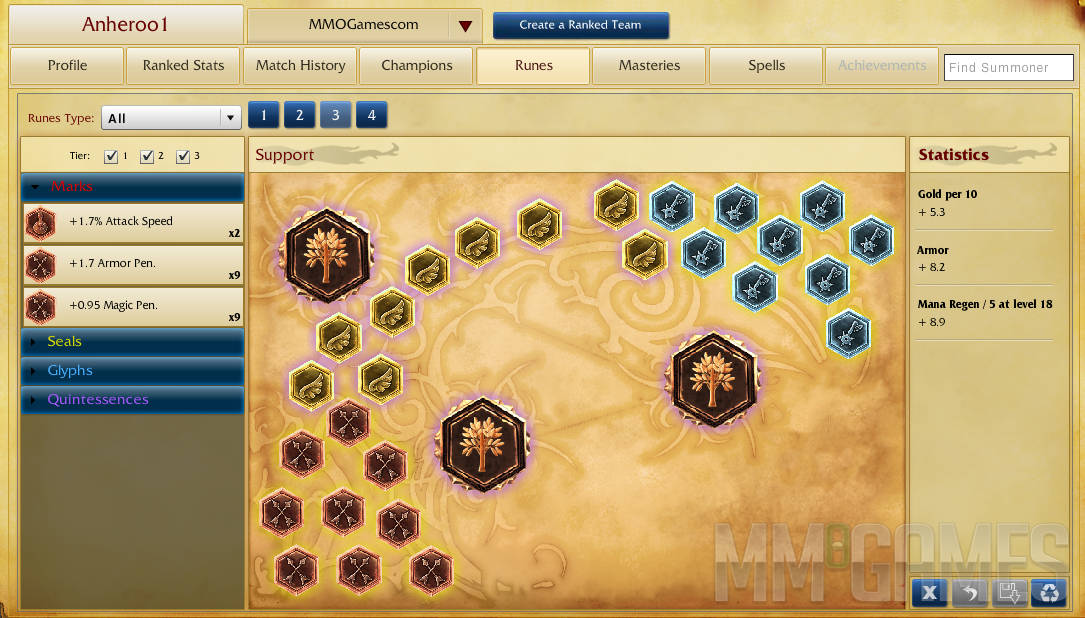
Explanation of picture: The picture is showing a full rune book. You can see the runes the player has equipped but is not using in this rune book, on the left side of the screen. The stats of the runes the player is using right now are shown on the right side of the screen.
Players are able to use either of the two summoner spells they choose before a match any time during a game. Summoner spells have a direct impact on the battle and don’t use mana; instead they have a longer cool down, that can be up to 5 minutes.
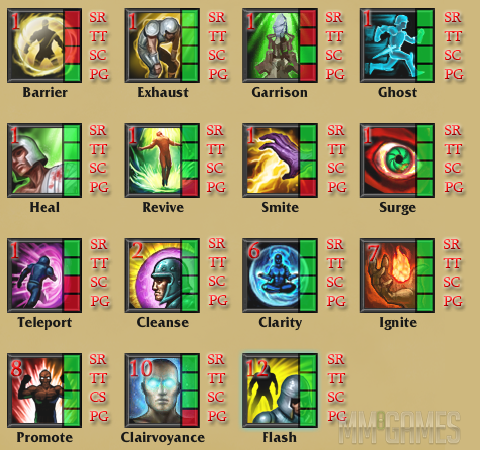
Explanation of picture: The picture shows a list of all the summoner spells currently available in-game. Some spells are only available on certain maps; the indicator next to the picture shows on which maps they are available. The number shows the level the summoner has to be in order to use the spell.
For reference:
• SR = Summoners Rift
• TT = The Twisted Treeline
• SC = The Crystal Scar
• PG = The Proving Grounds
Before you start your first League of Legends game it is very good to know the meaning of the different buttons you will see on the in-game screen
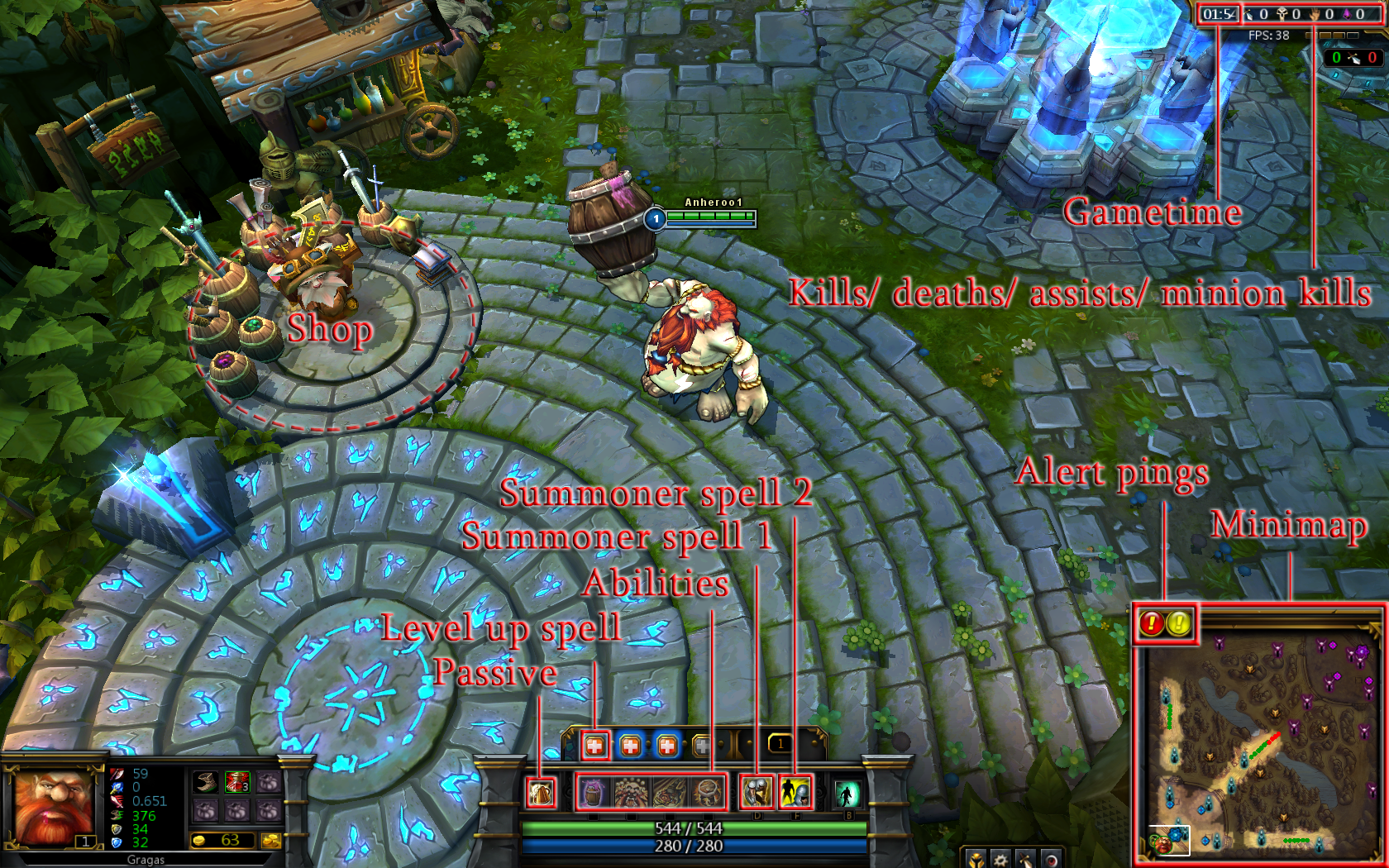
• Passive: The champions’ unique passive effect. Hover over the button to see an explanation of the effect.
• Level up spell: When your champion levels in-game, click on this button to level up an ability.
• Abilities: The ability buttons will be the main keys you will be pressing during your game. Every ability uses a key on your keyboard which is usually QWER. Press the ability’s key and then left click your mouse to use it. Depending on the champions ability you might have to be in range of another champion for it to work.
• Summoner spell 1: See Summoner Spells
• Summoner spell 2: See Summoner Spells
• Pings: Red ping: Sends out a warning signal to your team. Yellow ping: Sends out a retreat signal to your team.
• Minimap: The map showing the visible locations, champions and buffs.
• Game time: The time the game has been going on for.
• Kills/ deaths/ assists/ minion kills: Self-explanatory
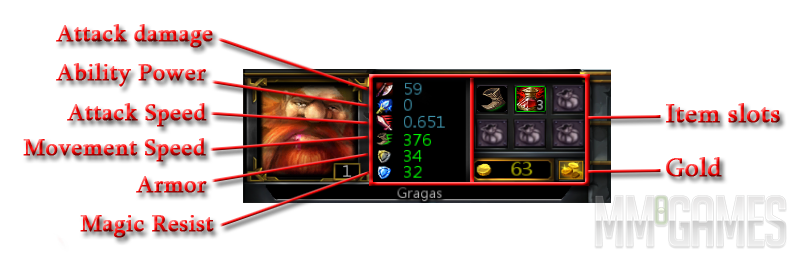
• Attack damage (AD): The amount of damage your basic attacks do.
• Ability power (AP): The amount of damage your different abilities do.
• Attack speed (AS): The amount of basic attacks per second.
• Movement speed (MS): The speed your champion moves at.
• Armor: The amount of resistance against basic attacks. NOTE: A formula is used to calculate how much less % the damage you receive is. Hover over the armor to see the percentage.
• Magic resist (MR): The amount of resistance against abilities. NOTE: A formula is used to calculate how much less % the damage you receive is. Hover over the magic resist to see the percentage.
• Item slots: The items you currently have, bought from the in-game shop.
• Gold: The gold your champion has at the moment. Is used to buy items with from the in-game shop.
The next section of this guide will explain the basic game mechanics. No advanced stuff (I’ll get to advanced strategies and plays in a later guide), just the basics, game phases and some easy tricks for new players.
Laning is the early phase of the game where the players of both teams stay in the lane and try to get as much farm (aka minion kills) and levels as possible, so that they have the items and damage when the team fighting phase starts. The current meta game in League of Legends is as following (note that you can often use the champions in other lanes too, this is just the norm):
Top Lane: Usually a tanky champion/ bruiser or DPS champion but variations are possible depending on the team composition. Popular champions for the toplane are:
Toplane Champions
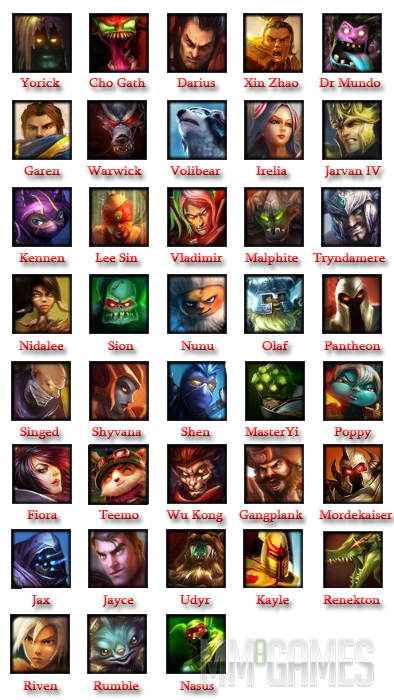
Mid Lane: Midlane is almost exclusively played by AP casters that are mana dependant. They are champions that are focused on doing damage with abilities. Popular midlane champions are:
Midlane Champions
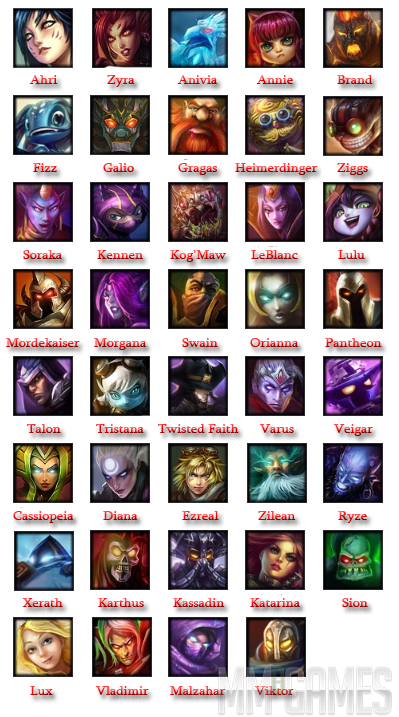
Bottom Lane: Botlane is usually played by two players. A range AD carry who does damage by basic attacks and a support player who supports the AD carry and doesn’t kill minions. Popular botlane champions are:
AD carries
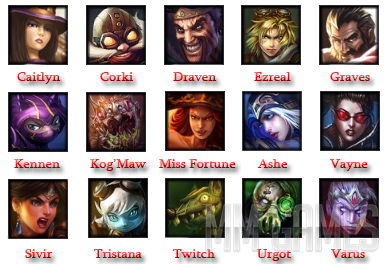
Support Champions
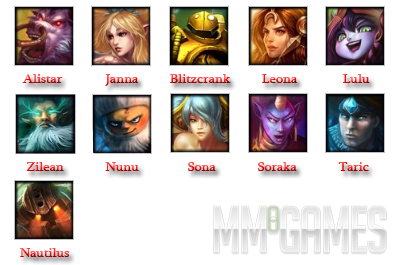
Jungle: The jungle role is considered the most strategic role in the game. The jungler kills the jungle creep camps and then proceeds to ganking (means ambushing in LoL language) the other lanes. If the jungler is successful the enemy teams lanes are weaker than your lanes when the team fighting phase starts. Popular jungle champions are:
Jungle champions
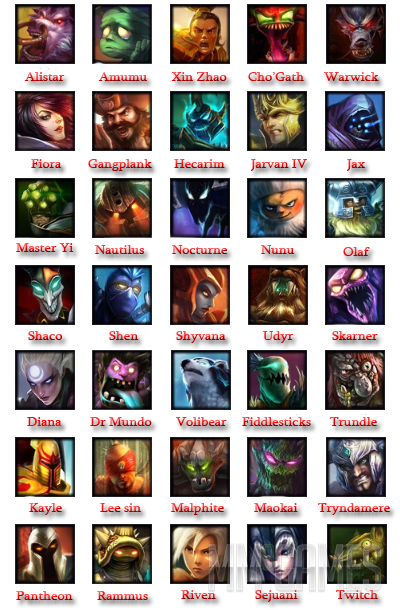
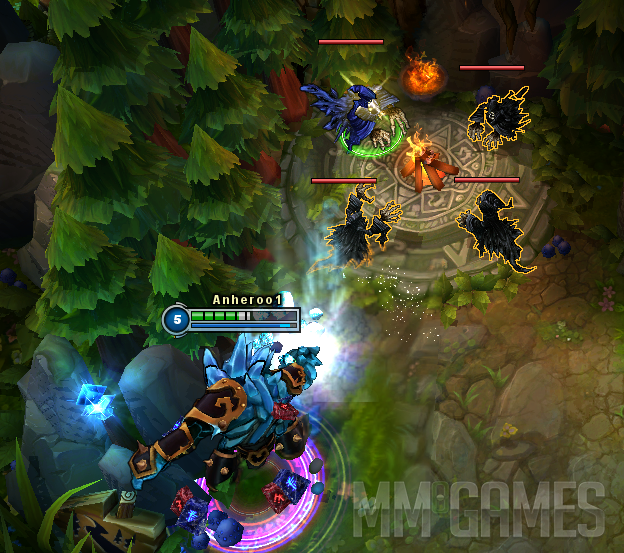
A player who has two buffs already is fighting the Wraiths.
The different spawn locations of the jungle camps are as following on The Summoners Rift:
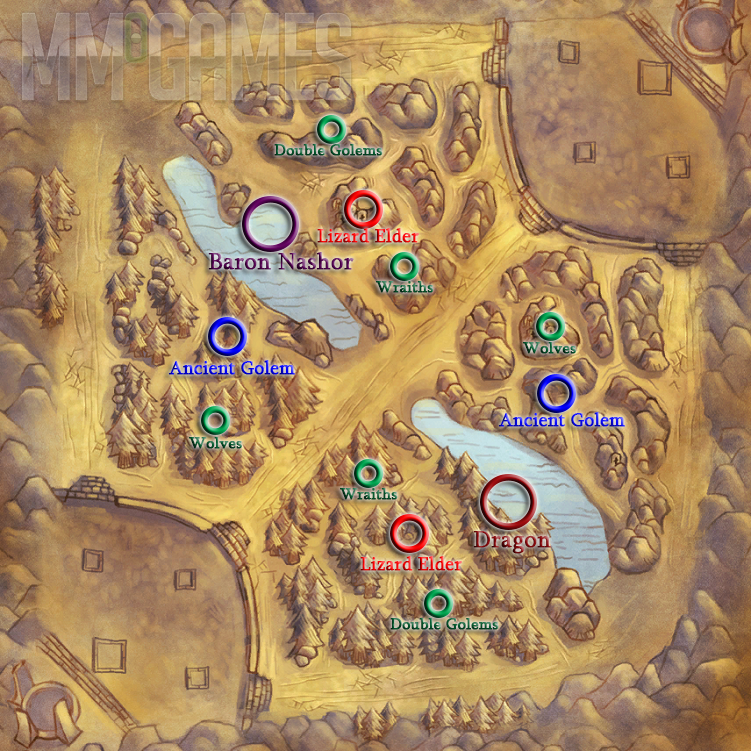
The stats of the different jungle camps ars as following:
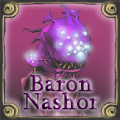
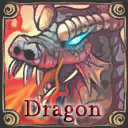
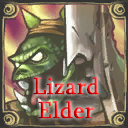
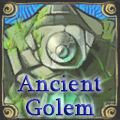
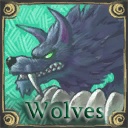
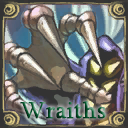
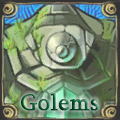
When the midgame phase starts, which is usually around 10-15 minutes into the game, players of both teams usually have one or two finished items. A few turrets might be down and both teams will try to contest objectives like Dragon. Small skirmishes are encounted with ganking as the norm and teams might start grouping up.
Late game is usually around 25+ minutes into the game. Warding the map is even more important in this phase and Baron Nashor is the main objective for both teams. This part of the game revolves around team fighting. Winning a team fight in this stage of the game is important and losing one might end up losing the game. Teams will group up and try to catch opponents off-guard. A lot of towers will be down and players will have 4+ finished items at this stage of the game.
During your League of Legends game you will try to kill as many minions for gold as possible. Minions are a computer controlled group of enemies that follow the lane. The key to successfully farming those minions is not simply auto attacking them. What you should try is to “last hit” these minions, which basically means you should try to attack them right when they’re about to die so you give them the killing blow and you receive the gold. Doing this successfully will cause the lane to get frozen so your minions won’t push towards the enemy turret and as a result you are less likely to get ganked by the enemy jungler or other lanes.
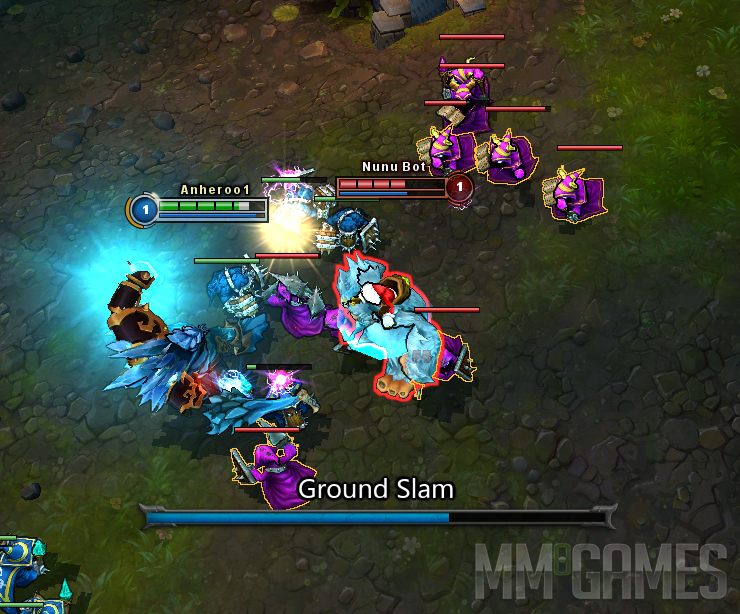
Once out of the early game phase, pushing enemy minions is a good idea. Destroying that enemy turret will give your team more map control and global gold when the turret goes down. Trying to fight a turret without any minions around you is a bad idea though; turrets deal a lot of damage.
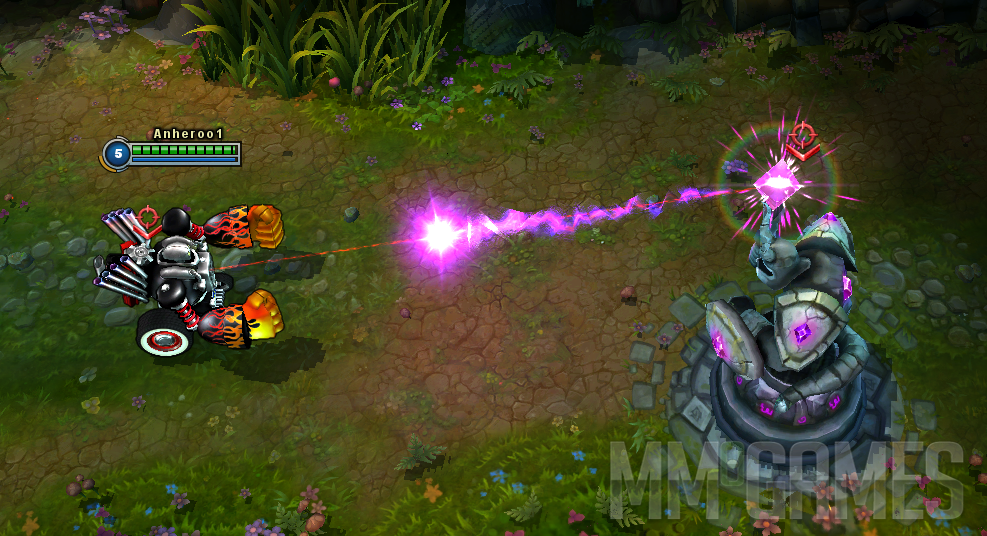
Player getting hit by an enemy turret
Brushes can be found everywhere on the map and provides good cover. When you´re inside a brush, enemy players and minions can´t see you until they enter the brush or you leave it. Brushes are a great way to ambush enemy players, or escape them.
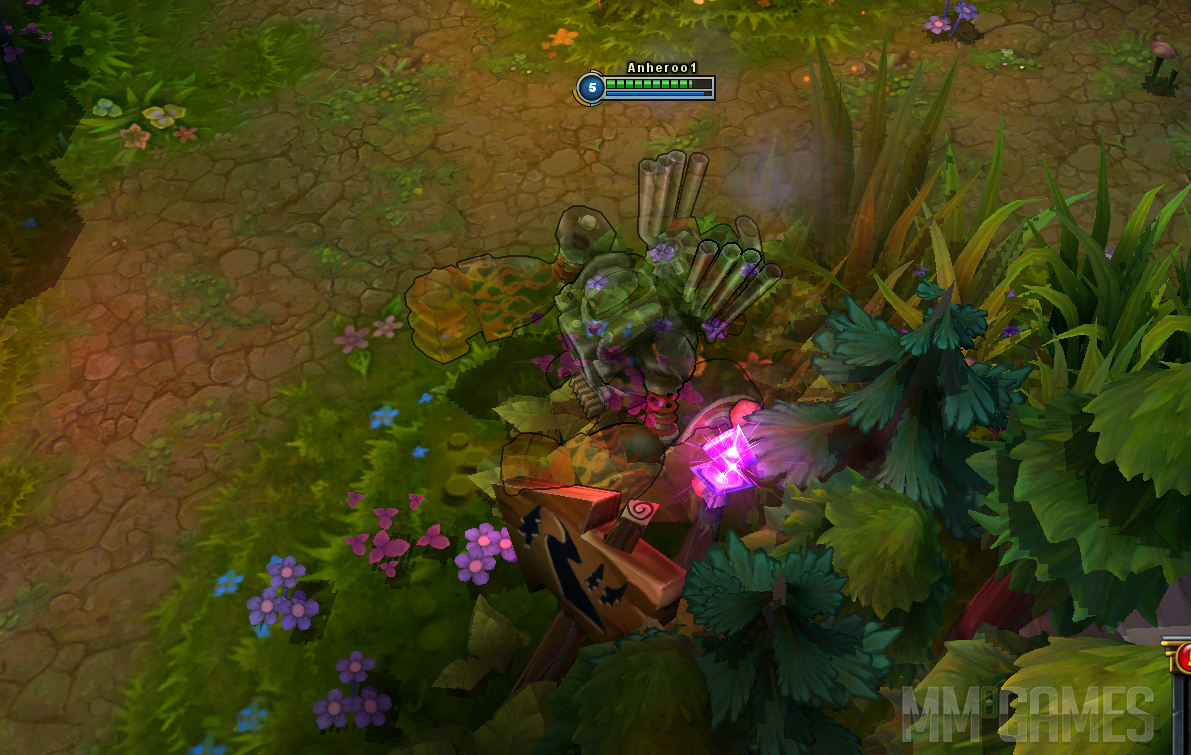
Auras provide passive buffs to allied champions nearby, or passive debuffs to enemy players nearby. Champion passives are unique and do not stack. Certain items provide auras too, those auras do stack but up to a maximum amount of two. A champion carrying an item with an aura will get the effect of his own aura item and the effect of the allied player wearing the same aura item.
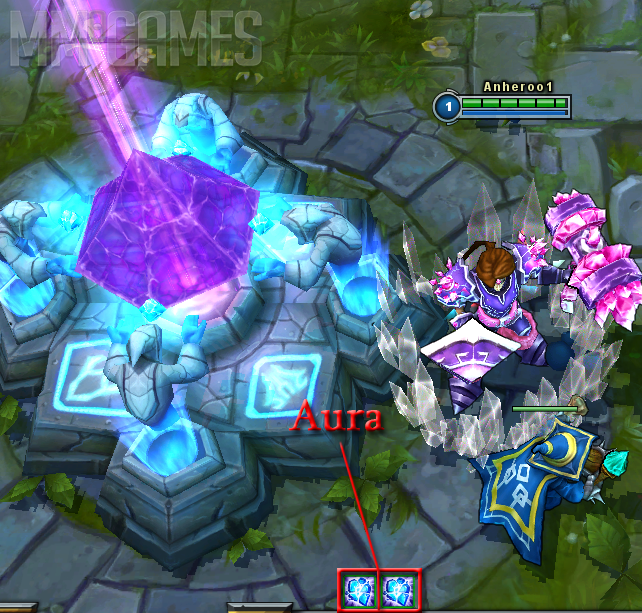
Items are bought in the shop which is located next to your teams spawn. You should consider the following factors when buying items:
With the information above, you should be ready to get started in your journey through the League of Legends. It’s a game that will take many hours of your time if you’re not careful and will keep being a challenge even after you reach maximum level. Hardcore players can be happy knowing that once you reach this level, ranked mode unlocks, in which every game really counts as you fight to for the top spot on the Elo Ladder – a special ladder reserved for the truly hardcore. Of course, if hardcore competitive modes aren’t for you, unlocking and mastering all 102 champions should keep you occupied for the next billion years.
Thanks for reading, and stay tuned for more League of Legends content to come!
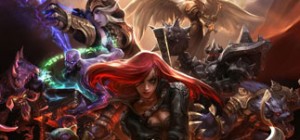
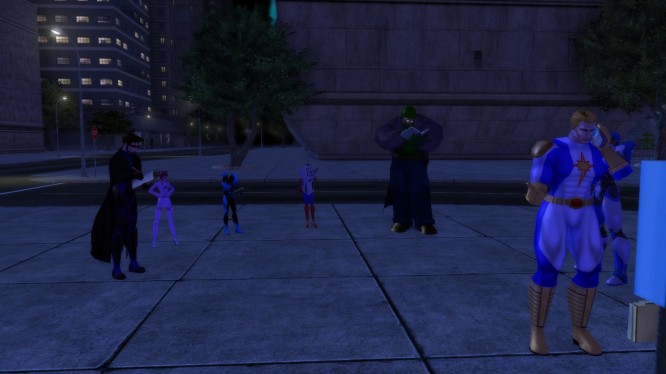

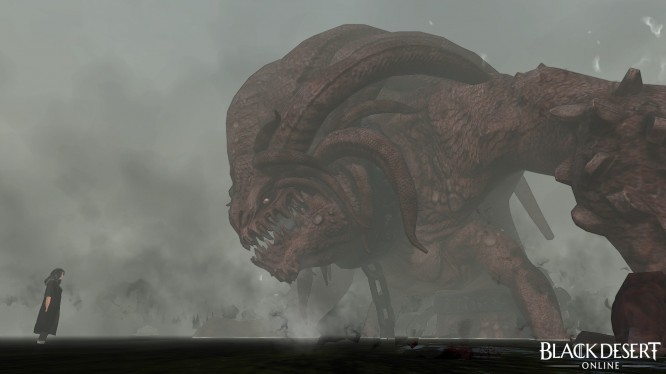
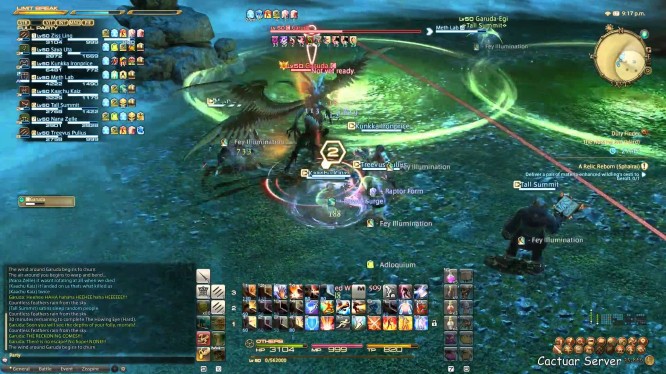
 Beta Data: March 7, 2014 .
Beta Data: March 7, 2014 .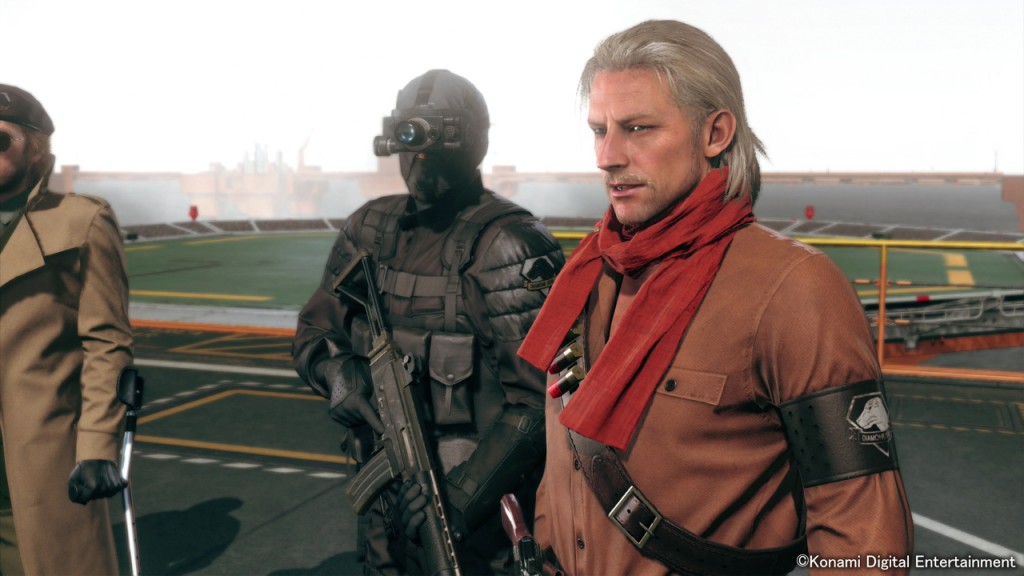 Metal Gear Solid V: The Phantom Pain Guide: How To Unlock Secret Mission 46
Metal Gear Solid V: The Phantom Pain Guide: How To Unlock Secret Mission 46 Beta Data: March 13, 2015 .
Beta Data: March 13, 2015 .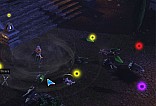 Marvel Heroes: Many Colorful Orbs
Marvel Heroes: Many Colorful Orbs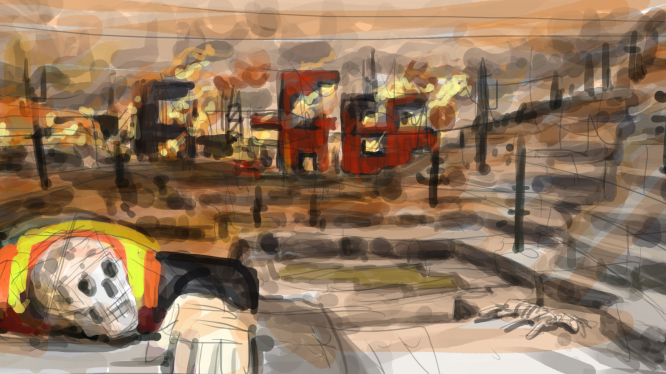 Eco: A PvE Survival Game? .
Eco: A PvE Survival Game? .